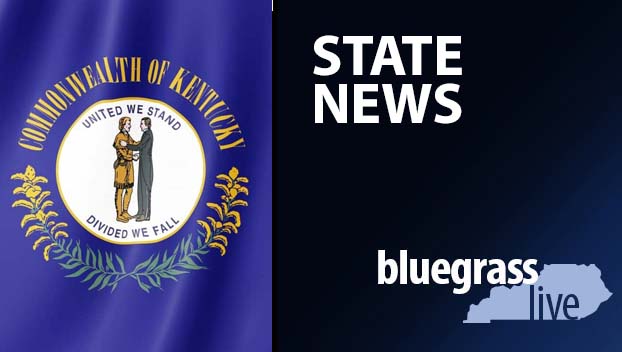Pandemic brings new roles for Kentucky youth worker
Published 5:24 am Sunday, August 15, 2021
For seven years, Walt Perry has filled many roles for his kids at Bellewood & Brooklawn, Kentucky’s largest youth residential treatment provider.
And the COVID-19 pandemic came with a new role for the Louisville youth worker — teacher.
In charge of 12 kids at the Brooklawn campus, Perry — “Mr. Walt” to his kids — usually spends his days waking children, getting them ready for school, walking them to school, checking on them in their classrooms throughout the day, teaching them life skills like budgeting and apartment hunting, and much more.
They’re “my babies,” he said. “I’m mommy, I’m daddy, I’m uncle, I’m brother, I’m sister, I’m cousin, I’m granny, I’m grandpa … I have to show compassion … but also I got to be … firm with them.”
The pandemic changed his routine. While COVID-19 raged, he also led his kids through virtual learning (NTI) on campus and helped them navigate pandemic-induced isolation, an added challenge for children who’ve already been through a lot.
“(We’re) dealing with kids that’s been traumatized so much,” he said. They’ve been “physically abused, mentally abused, sexually abused, you name it.”
Some of his kids aren’t reading at grade level and, he said, require a lot of one-on-one attention throughout the school year. They needed the kind of instruction that “I’m not licensed to do or to teach.”
Vulnerable children who come to Bellewood & Brooklawn stay an average of eight months, according to a spokeswoman. About 130 youths are in residence now.
The dozen that Perry, who has always liked working with kids and has coached high school football for around a decade, is charged with are “like my own” children. The state gives them vouchers for clothing and haircuts, but it’s not always enough. So he’s even dipped into his own pockets to make sure some can get the clothing and haircuts they need.
“We’re not supposed to,” he said. “But we do it because we care about these kids, because this is our passion.”
During the pandemic, the campuses closed to visitors and volunteers, the latter of which should be able to resume Sept. 1. (Some family visits have also resumed as long as visitors test negative for COVID-19 and stay behind plexiglass).
But during the peak of the pandemic, kids couldn’t go on fieldtrips or socialize.
“It hurt me to have to tell these kids that’s like my own kids that they can’t do nothing,” Perry said.
In December, he caught COVID-19 and couldn’t see his kids for two weeks. They didn’t know what had happened to him.
“These kids didn’t see me and they didn’t know what happened,” he said. “They was like ‘(where’s) Mr. Walt at?’ Like, ‘where’d he go?’” He also had to balance his kids’ need to be around him and learn from him with the risk of bringing COVID-19 to them.
Having COVID-19, he said, “affected me because I couldn’t be around my own children … I couldn’t be around my own wife. So I can only imagine what these kids went through when, for a whole year, they can’t do anything… They can’t be normal teenagers.”
Perry is worried about the coming fallout from the pandemic — both educationally and socially — for his kids. With the delta variant on the rise in the state, he’s worried about volunteers being able to get back on campus in the future.
But one thing is for sure: He isn’t going anywhere.
“Kids are gonna continue to need love. Kids are going to continue to need somewhere to stay, somewhere to be. They’re going to need the support,” he said. “As long as … there’s going to be parents out here who (are) not going to be the best fit for their kids or kids that maybe need us … (we’re) always gonna have a place for them.”


